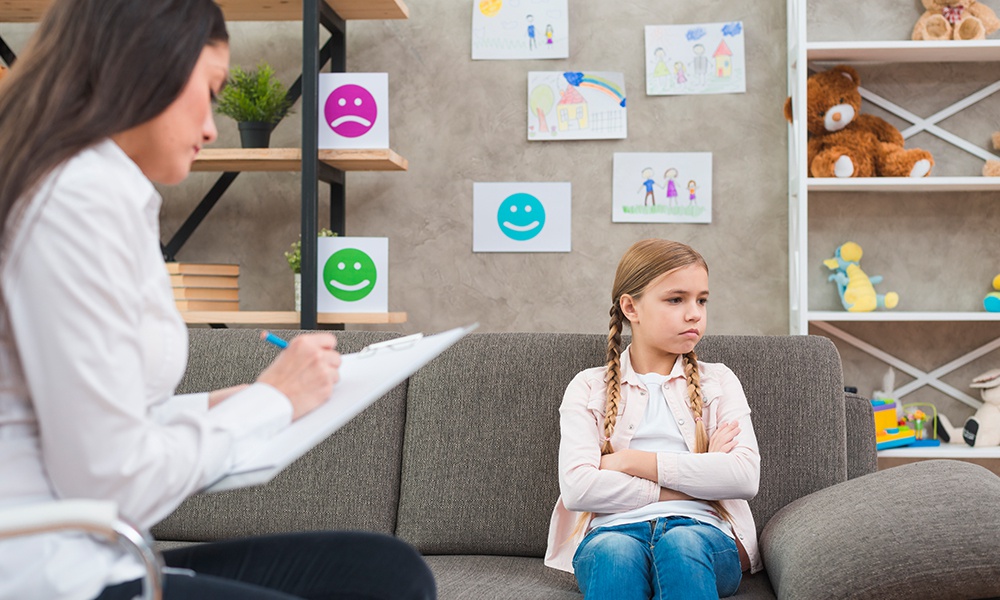Children grow best when the important adults in their lives learn, practice, and support the same skills they learn in therapy. When parents or caregivers join the process, change becomes steady, simple, and sustainable. Families who want clear, coach-like guidance often begin with services like abc child behavior therapy to learn step-by-step strategies they can use at home and school.
Collaborative Goal-Setting
- Therapists align goals with family values and daily routines.
- Parents share insights about triggers, strengths, and stress points.
- Clear, shared targets prevent mixed messages and confusion.
- Small, measurable goals help families see progress early.
Consistent Home Practice
- Caregivers learn the exact skills taught in sessions.
- Short daily practice turns new skills into habits.
- Visual cues, checklists, and timers keep practice simple.
- Consistency across caregivers reduces setbacks.
Coaching for Calm and Communication
- Parents get scripts for hard moments (tantrums, refusals).
- Simple language helps name feelings and needs quickly.
- “Pause, breathe, plan” steps prevent power struggles.
- Repair routines model apologies and problem-solving.
Positive Behavior Strategies
- Caregivers use rewards that match the child’s interests.
- Clear rules and predictable routines lower anxiety.
- Choice-making builds control without conflict.
- Fair, brief consequences teach, not punish.
Strengthening Emotion Skills
- Parents prompt feeling words and coping tools.
- Practice includes breathing, grounding, and body breaks.
- Values-based choices guide actions when emotions run high.
- Praise targets effort, bravery, and kind actions.
School and Community Alignment
- Families share plans with teachers and coaches.
- One-page support sheets outline supports and signals.
- Regular check-ins keep strategies current and effective.
- The child sees the same steps everywhere they go.
Cultural and Family Fit
- Therapists adapt tools to family culture and routines.
- Schedules, faith practices, and languages are respected.
- Caregivers choose strategies that feel natural at home.
- Fit improves follow-through and long-term success.
Progress Monitoring and Adjustments
- Parents track sleep, mood, and behavior trends.
- Data guides tweaks to plans when progress slows.
- Wins are celebrated to build hope and momentum.
- Families learn when to add or fade supports.
When families want training that’s practical and proven, many choose abc child behavior therapy to receive hands-on coaching, simple tools, and a plan that fits their child and home life.
Caregiver involvement turns therapy from a weekly event into a daily growth practice. With shared goals, steady home practice, and aligned supports at school, children build coping skills, confidence, and resilience. Parents gain the calm, clear steps to guide hard moments, strengthen bonds, and help growth last.





